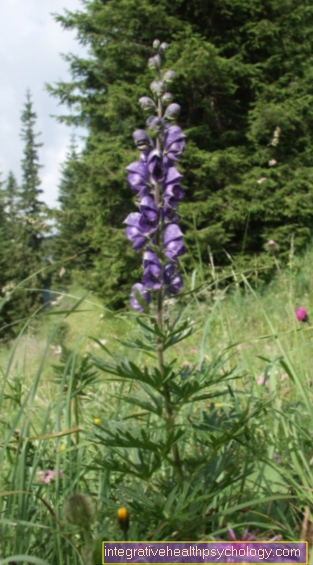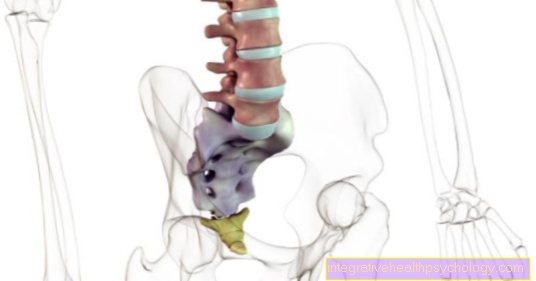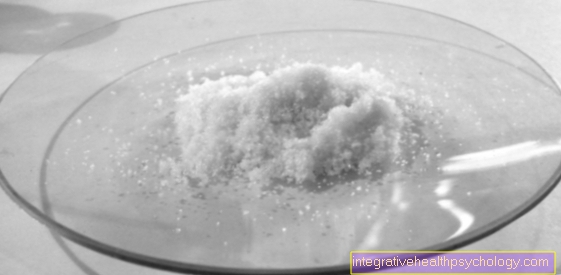parsley

Latin name
Fruits: Fructus petroselini
Root: Radix petroselini
Leaves: Herba petroselini
Common names
Bittersilche, Silk, Peterling
Plant description
The parsley is one biennial plant with a branched stem and becomes up to 1 m high. The distinctive, dark green leaves give off a typical odor when rubbed between the fingers.
During the flowering period, the parsley's umbellate flowers are greenish-yellow.
Occurrence: Home to the Mediterranean, cultivation worldwide.
Plant parts used medicinally
The roots and fruits of parsley are used to make a healing liquid.
Ingredients
Lots of essential oil with the main component apiol, as well as the glycoside apiin.
Medicinal effect and application
Parsley fruits or seeds are at most effective and are used for draining water when water accumulates in the body. In addition to the Promotion of milk flow in nursing mothers.
The drug works weakly antispasmodic and appetizing.
Not recommended at
- Kidney disease and
- in the pregnancy (Learn more about the Homeopathy in Pregnancy)
Parsley root is used less often, but similar to the fruit. Parsley herb only as a spice in the kitchen.
preparation
1 teaspoon of parsley fruits is roughly crushed in a mortar, half of which is scalded in a cup of boiling water. Let it steep for 5 minutes and drink a cup three times a day.
To make a tea from parsley root, you need 1 teaspoon of cut drug per cup. Preparation as described above.
Side effects
With normal dosage of parsley none are expected.





























